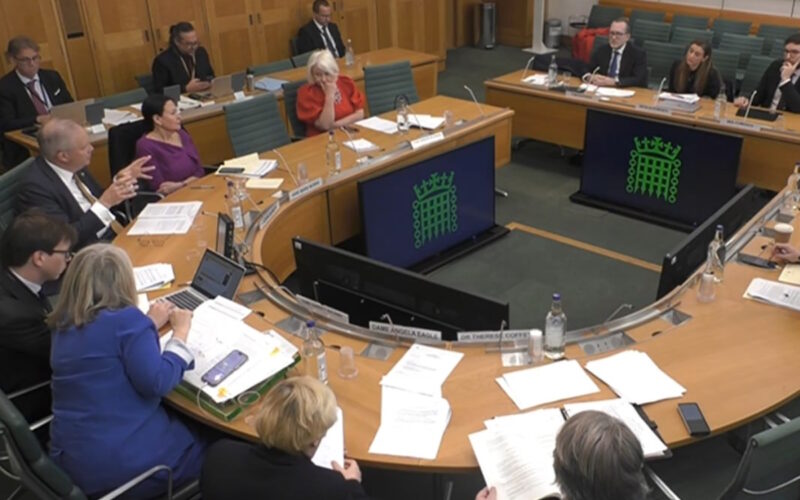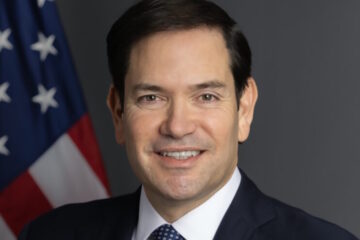The House of Commons Treasury Committee, a select committee of the House of Commons in the Parliament of the United Kingdom, published oral evidence transcripts from a discussion on “Are the UK’s Russian financial sanctions working?”
Three experts from different organizations were invited as witnesses: Tom Keatinge, Director of the Centre for Finance and Security, Royal United Services Institute; Ben Cowdock, Senior Investigations Lead, Transparency International UK; Natalia Kubesch, Legal Officer, Redress.
Tom Keating argued that the UK’s sanctions against Russia are not effective.
“I recently had an official from President Zelensky’s (President of Ukraine) office tell me that they were noticing a deterioration in the quality of some of the technology in the drones that they shoot down, pull apart and analyse. They would suggest that that is because sanctions are having an effect. Are they working in so far as stopping all the flow of military goods that the Russians are getting from Ukraine’s allies around the world – the United States, Europe, the UK? Against that metric, they are not,” said Tom Keatinge.
Russian sanctioned individuals use relatives to avoid sanctions, stressed Ben Cowdock.
“We did an investigation with The Times in March last year where we identified a £100 million freehold plot of land in the centre of London. It was owned through a Jersey company, which was ultimately owned through the wife of a sanctioned oligarch. That wife is still unsanctioned, which poses various difficulties for the UK businesses that are presumably paying rent on that piece of that land. Also, if that person ever wanted to sell the property, that would pose difficulties for estate agents and lawyers. They would be in a difficult situation: she is not sanctioned, whereas her husband is, but she claims to own the property. That family element is really important, so the UK needs to spread its wings” – noted Ben Cowdock.
“We urge the UK Government to start developing laws and policies that facilitate the repurposing of profits derived from human rights violations and corruption. That includes the confiscation of assets that are demonstrably linked to those violations. Secondly, we urge the UK Government to ensure that in any future commitments of support to Ukraine, they prioritise victims’ rights of reparation alongside the important efforts towards the reconstruction and defence of Ukraine. Lastly, we advocate stronger enforcement of sanctions by all bodies involved in the enforcement of sanctions and, where possible, consideration of the repurposing of any fines imposed as reparations,” said Natalia Kubesch, addressing the participants of the debate.
A video recording of the debate is available on the website Parliamentlive.tv




